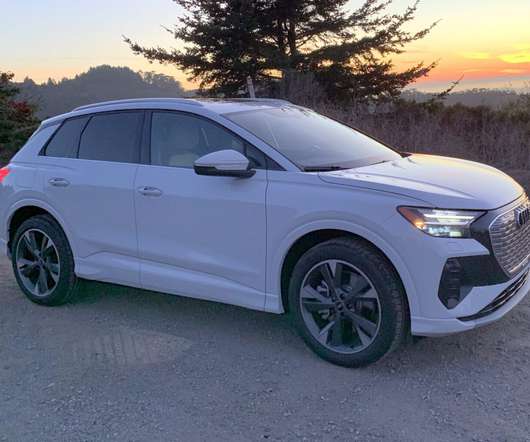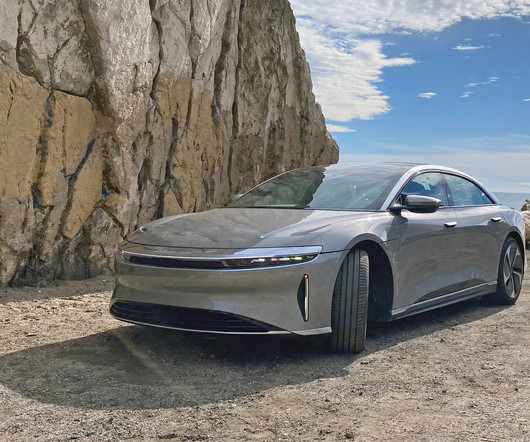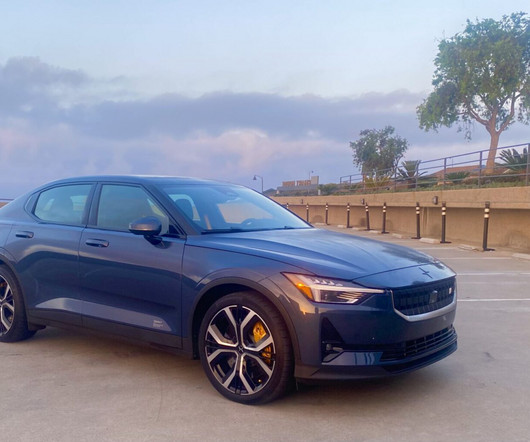Subaru upgrades US-spec Impreza; EyeSight driver assist technology, 1 mpg boost over 2014 model
Green Car Congress
SEPTEMBER 26, 2014
FHI), the manufacturer of Subaru automobiles, will debut an upgraded Subaru Impreza compact 4-door and 5-door models on the US market later this year as part of its 2015 lineup. Its EPA estimated ratings of up to 28 mpg city, 37 mpg highway and 31 mpg combined (8.4, Fuji Heavy Industries Ltd. Earlier post.)






















Let's personalize your content